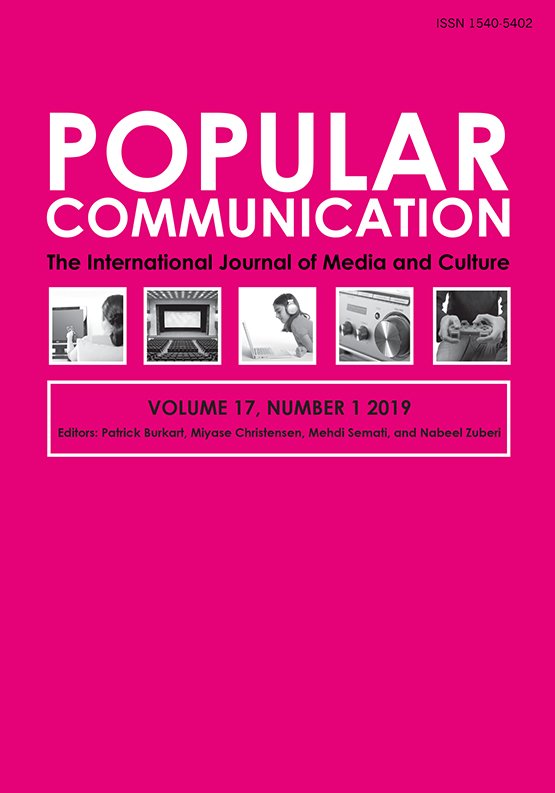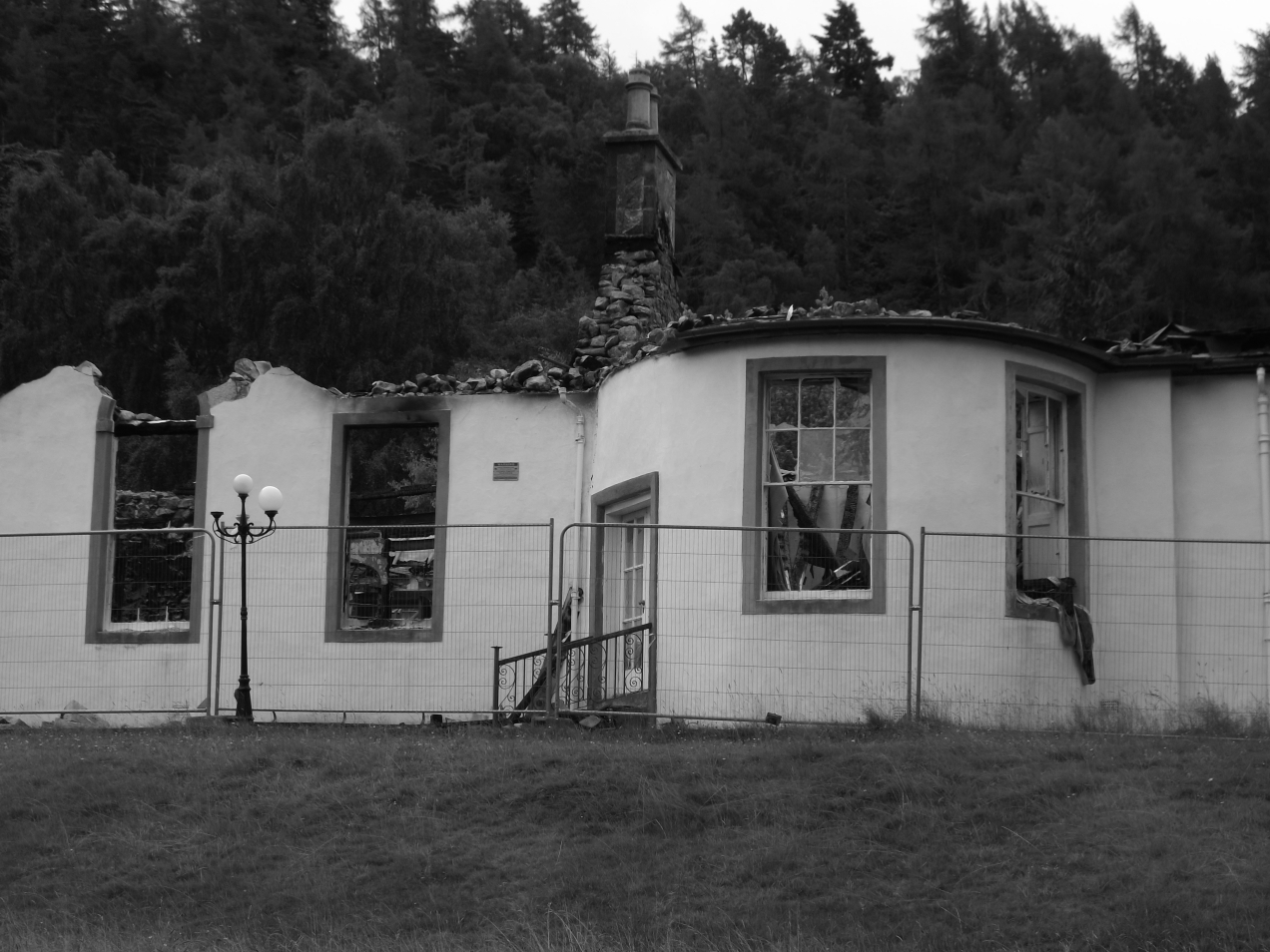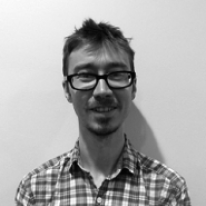I was delighted to be invited to take part in this panel on Christian Far-Right Extremism last year, and I can finally share the recording of the panel. Details below. Thanks to Paul Hedges for inviting me.
Changing Religion in the 2021 Census | Contemporary Religion in Historical Perspective
In case you missed it, here’s a piece I wrote recently for the Open University on the results of the 2021 census findings on religion in the UK. My takeaway: this was all completely predictable.
Perhaps the most likely factor, however, is simply that the default option has changed. Whereas only two decades ago, three-quarters of English people were content to tick the box for Christianity, now fewer than half are. But it’s hard to see evidence that our lifestyles have changed all that much. Maybe the thing that has changed the most is that people, especially younger people, are no longer inclined to say Christianity when really they don’t particularly care.
Video | Gnosticism and the History of Religions
Guest Lecture for University College Cork’s Research Seminar Series (thanks to Jenny Butler for inviting me!).
What if, instead of looking at Gnosticism as a historical religion or a perennial religious style, we instead look at it as a way of thinking about religion – a discourse on religious knowledge that changes over time, and responds to historical events? In this talk, David Robertson looks at the development of this especially malleable category, focusing on two themes. First, how do categories transform and mutate as they move between practitioners and academics, and between academic disciplines? And second, what do we do with these claims of religious insight and elite knowledge in the social-scientific study of religion?

Call for papers: Epistemic contestations in hybrid media environments
Popular communication: The international journal of media and culture
Guest Editors: Katja Valaskivi (University of Helsinki, Finland), David G. Robertson (The Open University, UK) & Patrick Burkart (Texas A&M University, USA)
June 21, 2021
The aim of this special issue is to explore how a multiplicity of competing epistemologies interact and compete in the “post-Truth” marketplace of ideas in online popular communication. We invite contributions to a special issue on the intersections of popular communication, disinformation, and misinformation. We are especially interested in how popular communication can challenge and even upend traditional and inherited belief systems and knowledge regimes in religion, politics, fandom, and other institutions.
As traditional ideologies and other thought regimes collapse and new ones arise, recent scholarship has examined the contributions of digitalization and datafication of popular communication that contest older communitarian worldviews (e.g. Fuller, 2020). The internet has augmented collective understandings of the world but also undermined a broader sense of belonging, while enabling a new scope of contestation over “epistemic capital” (Robertson, 2016, 2021). In popular communication, especially, the social construction of meaning and worldviews is more manipulable than ever through disinformation, misinformation, and propaganda.
We welcome submissions exploring epistemic contestations through conceptual, methodological, and empirical approaches. Possible topic areas include (but are not limited to):
- conspiracy theories
- terrorism
- fandom
- science communication
- propaganda
- identity politics
- nationalism
- affect
- new religions / “cults”
- New Atheism
- the “Intellectual Dark Web”
The special issue will invite individual submissions on the basis of approved abstracts. To submit an abstract for consideration, please email an MS Word document of no more than 500 words with author information to Katja Valaskivi (katja.valaskivi@helsinki.fi) and cc: popularcommunication@tamu.edu using the subject header, “Epistemic contestations special issue.” The deadline for receiving abstracts is October 1, 2021. Invited manuscripts of no more than 7,000 words (inclusive) must be submitted by January 1, 2022 to receive a double-blind review. Only papers accepted for publication will be published.

Upcoming Appearances
Because conspiracy theories suddenly a hot topic once again – and especially their links to religion and especially New Age religions – I have a few speaking engagements coming up.
On Friday 26th February, I’m talking about “Conspiracy Theories and New Age Spiritualities” at the Open Div Summit, a 4-day “pod-conference” around spirituality, meaning, and connection in the secular world. It’s free, but you’ll need to register, at https://summit.opendiv.org/. There are a lot of other great speakers too, including my friends and collaborators Carole Cusack and Chris Cotter.
I’m also contributing to the Keynote Roundtable on “Round Table on Conspiracy Thinking and Conspiracy Theories” at The Nordic Conference on Violent Extremism (University of Helsinki, 10-12 March). Bringing together an interdisciplinary panel of esteemed specialists the round table explores such questions as: To what extent does conspiracy thinking feed extremism? How are e.g. conspiracy theories used in extremist propaganda? What are the contemporary particularities in the circulation of conspiracy theories? For instance. what is the role of our contemporary media environment in the spread of conspiracy theories? Has the visibility of conspiracy theories increased during the pandemic or are we just imagining things? https://www.helsinki.fi/en/conferences/nordic-conference-on-violent-extremism/keynotes-and-roundtables
I’m also contributing to another roundtable at the (Con)spirituality, Science and COVID-19 Colloquium (Australia, March 25-6). I’ll update with details and a link when I have them.

What does the ruin of Boleskine House have to do with QAnon? – Contemporary Religion in Hostorical Perspective
Here’s a piece I published early this year on the Open University’s blog. It connects the challenges to the restoration to a cottage in the Highlands of Scotland to the storming of the US Capitol Building on Jan 6th 2021 – both expressions of the same fear of non-existent Luciferian ritual child abusers.
large numbers of people believe that such an imagined Satanic Other exists. For most, this is probably just an internalisation of Christian narratives about good and evil, and of the existence of demons and devils. These implicit beliefs are stoked up by more active players, however, mostly (though not exclusively) Christian fundamentalists with an axe to grind, and who, because of the traditional association of Christianity with moral good, are able to speak into the ear of the press, police and politicians. But there is certainly an aspect that is to do with defending the body politic against invasion – which is why such ideas tend to flare up at times of societal unrest, and why we see the same motifs popping up in antisemitic tracts from the Middle Ages to the Third Reich.
.
An Economy of Gnosticism in Los Angeles — Contemporary religion in historical perspective
In case you missed it, here’s a piece about my recent trip to Los Angeles to do fieldwork with various Gnostic groups, which was published on the Open University’s Contemporary Religion in Historical Perspective blog a couple of months ago.
If I were a certain kind of scholar, I might speculate that there is so much gnosticism in LA because Hollywood is the symbolic centre of the archonic media matrix where the illusory world of the demiurge is created. More prosaically, LA has long been a centre for religious innovation due to being multicultural, liberal and relatively cheap. People were going West in search of new ways of life long before the Hippies emerged from Haight-Ashbury to catalyse the spiritual revolution of the New Age movement. Moreover, contemporary gnostics mix esoteric ideas with Christianity, and so appeal much more to American Baby Boomers than to their relatively secularised European counterparts.
Being back at davidgrobertson for the first time in months, I see an update / refresh is in order…
New Review in Nova Religio
Very pleased (and surprised) by Kelly E. Hayes’ review of UFOs, Conspiracy Theories and the New Age in the most recent issue of Nova Religio. I face an uphill battle to convince most of my colleagues why the work I do is even valid in the first place, so comments like these are most welcome indeed!
With its concise prose and engaging style, Robertson’s book offers not only a compelling analysis of contemporary millennialism, but an equally compelling model of critical rigor.
Real People, on the Ground | Studying Religion in Culture
A blog post for the University of Alabama about how critical studies in religion need to do more to demonstrate their practical utility, and how my editorship of Implicit Religion aims to help in doing that.
Real People, on the Ground
The fact is that what gets counted as religion in specific contexts is perhaps the most impactful question we can ask as social scientists. Far from being merely discourse-about-discourse in some Ivory Tower, the critical approach shows what the category is actually doing in the real world – both to those whom it constrains, and those for whom it is useful.
The Claypool Lennon Delirium – ‘Blood And Rockets’
This combines many of my deepest passions – prog rock, the Beatles, and 20th century Magic(k). Hearing Les Claypool sing “Do What Thy Will” in 5/4 rings a lot of bells for me.
Sean Lennon is obviously interested in Magick – he talked about it in an interview with Billboard recently – but it sounds like a passing interest rather than something he is actively engaged with. I also would quibble with “he belonged to a magical cult”. The interview is pretty light but I enjoyed the brief description of how he and Les Claypool work together. The album’s up on Spotify now and I like it. I’ll buy it if I see it on vinyl.
